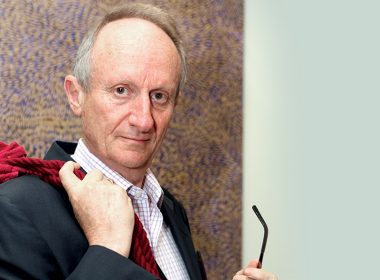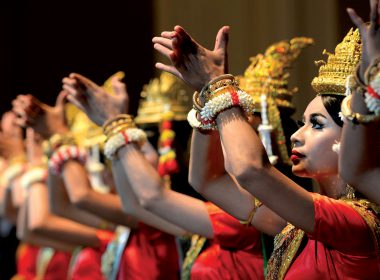Former Norton Rose lawyer Doreen Chen had her work cut out for her when she took a job with the Permanent Peoples’ Tribunal in Myanmar in 2017. The human rights lawyer had just wrapped-up a major posting defending a leader of Cambodia’s Khmer Rouge regime, and was expecting her first child. Chen, who has family roots in Myanmar (formerly known as Burma), understood this new job would challenge her in many ways. In the end, she knew the leap would be worth it.
In August 2017, I had just concluded a gruelling three-year stint on the trial of a lifetime, helping to defend a senior-surviving Cambodian Khmer Rouge leader, Nuon Chea, on charges of genocide, crimes against humanity, and war crimes.
I was exhausted, and pregnant with my first child.
To plan my next move, I undertook an intensive leadership course called the altMBA. Through it, I decided to pivot towards something lighter, outside law or human rights. By doing so, I reasoned, I’d be able to live more joyfully and pass this on to my son.
Mere days later, however, I was invited to serve as the Lead Prosecutor for the Permanent Peoples’ Tribunal in Myanmar.
Peoples’ tribunals are socio-legal processes. Independent of the United Nations or International Criminal Court, they are procedurally looser, victim-led with a more narrative testimonial approach, and extremely short (ours was a five-day process).




